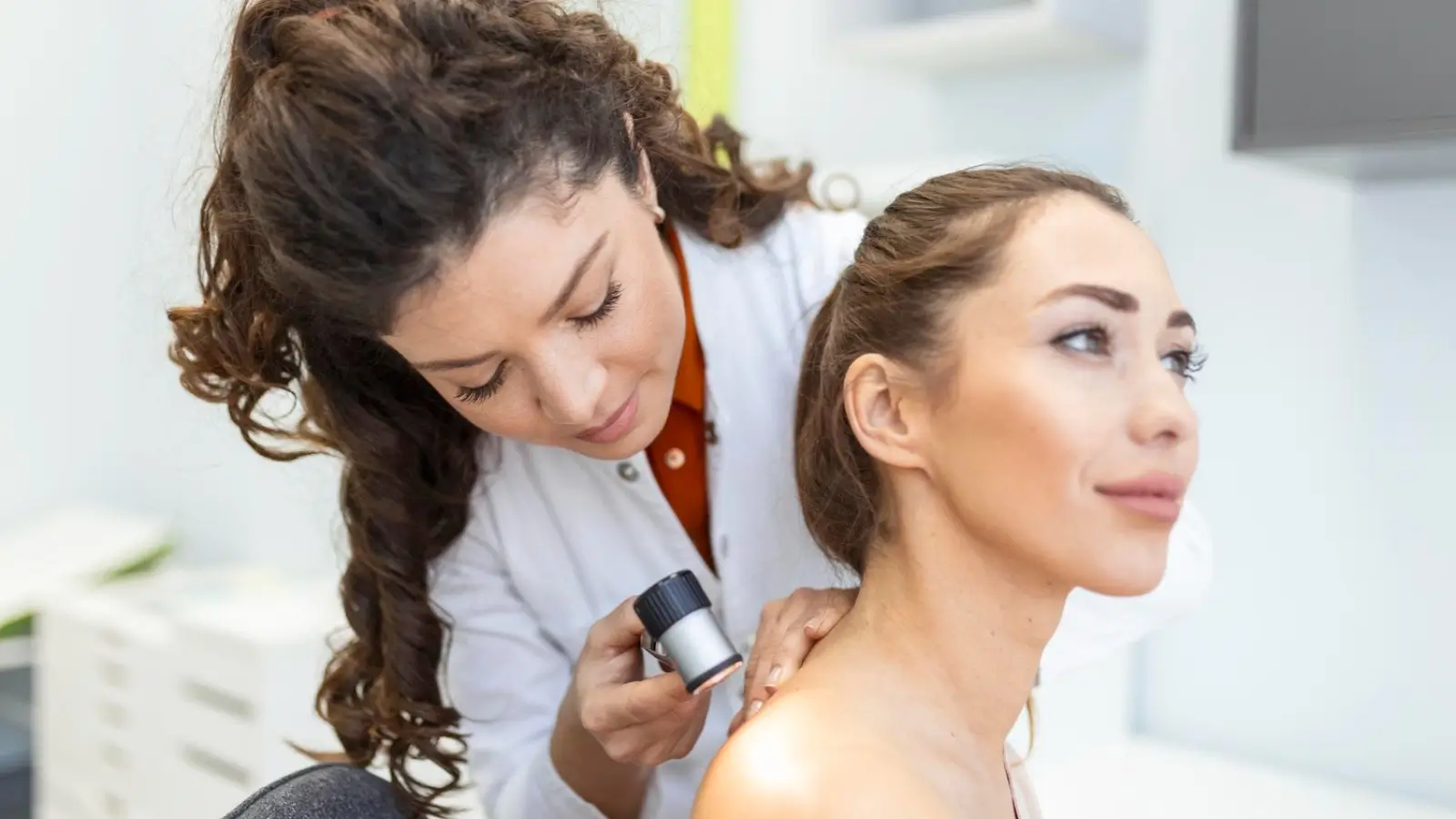Patient advocacy groups have become critical players in the healthcare system, especially in protecting patients from fraudulent practices that could harm their health. These organizations are dedicated to ensuring that patients receive the best possible care, particularly in safeguarding them from harmful and deceptive activities that often occur within the pharmaceutical industry. Pharma fraud, which can involve dangerous practices such as selling counterfeit medications, billing for unprovided treatments, or encouraging the misuse of drugs, can lead to severe health risks. As a result, the role of patient advocacy groups in addressing and preventing such fraud is invaluable in maintaining the integrity of healthcare and ensuring the safety of vulnerable patients.
These organizations work tirelessly to raise awareness and expose fraudulent activities within the pharmaceutical industry. By partnering with various stakeholders, such as healthcare professionals, regulators, and whistleblowers, patient advocacy groups play an essential role in uncovering fraud and advocating for the protection of patients. Through their efforts, they help mitigate the damage caused by pharma fraud and push for more robust safeguards within the healthcare system, ultimately ensuring that the well-being of patients is always prioritized. This blog will explore the critical role patient advocacy groups play in combating pharma fraud, with a particular focus on their collaboration with whistleblowers and regulators to protect vulnerable populations.
Understanding Pharma Fraud and Its Consequences
Pharma fraud is a serious problem that can take many forms. It might involve selling counterfeit drugs, billing for medications that were never provided, or encouraging doctors to prescribe drugs for unapproved uses. These fraudulent activities can result in patients receiving incorrect treatments, experiencing side effects, or even suffering long-term health consequences. Moreover, pharma fraud costs the healthcare system billions of dollars every year, money that could be used to improve patient care and access to essential services.
Patient advocacy groups are deeply concerned about the impact of pharma fraud on patients, especially those who are vulnerable. Fraudulent drugs or treatments can lead to unnecessary suffering, especially for patients with chronic conditions or those who rely on medications for their survival. As trusted organizations that represent patients' interests, patient advocacy groups are motivated to identify and fight against fraud to ensure that patients receive safe, effective treatments. By raising awareness and working with experts, these groups help expose fraudulent practices that may otherwise go unnoticed, ultimately protecting patients from harm.
The Role of Patient Advocacy Groups in Exposing Fraud
Patient advocacy groups play a crucial role in the fight against pharma fraud by acting as watchdogs for the healthcare system. These groups are often the first to recognize signs of fraudulent activity, thanks to their close relationships with patients and a deep understanding of healthcare practices. They monitor the pharmaceutical industry, looking for patterns that may indicate fraud, such as sudden price hikes, unapproved drugs entering the market, or abnormal prescription behaviors. Their ability to spot irregularities early makes them valuable partners in the fight against fraud.
In addition to monitoring the industry, patient advocacy groups also help raise awareness about fraud and educate the public on how to spot it. By providing resources and support to patients, these organizations empower individuals to ask the right questions and report suspicious activities. They also collaborate with other stakeholders, such as healthcare providers and regulators, to ensure that fraud is detected early and that patients are protected. Through their efforts, patient advocacy groups serve as a crucial line of defense against fraud in the pharmaceutical sector.
Collaborating with Whistleblowers to Uncover Pharma Fraud
Whistleblowers are individuals who expose fraudulent activities within an organization, often at great personal risk. They play an essential role in uncovering pharma fraud, as they have firsthand knowledge of illegal practices within the industry. Patient advocacy groups work closely with whistleblowers to identify fraudulent activities, especially when the fraud is hidden deep within the system. These groups provide support and protection to whistleblowers, ensuring that they can report their findings without fear of retaliation.
Whistleblowers are often reluctant to speak out on their own due to the risks involved, but patient advocacy groups help mitigate these risks by offering legal and emotional support. In some cases, whistleblowers may turn to a whistleblower law firm for legal guidance, ensuring that they are protected under whistleblower laws. These legal experts help whistleblowers navigate the reporting process, ensuring that their claims are properly documented and investigated. By partnering with whistleblowers, patient advocacy groups can uncover fraud more quickly, which ultimately leads to better protection for patients.
Working with Regulatory Agencies to Combat Fraud
Regulatory agencies, such as the Food and Drug Administration (FDA) and the Department of Health and Human Services (HHS), play a vital role in regulating the pharmaceutical industry and investigating fraud. Patient advocacy groups collaborate with these agencies to ensure that fraudulent practices are exposed and that the necessary legal actions are taken. These groups bring valuable insights into the experiences of patients, helping regulators understand the real-world impact of pharma fraud.
Patient advocacy groups also push for stronger regulations and enforcement to prevent pharma fraud from occurring in the first place. By advocating for stricter policies and greater transparency, these organizations help ensure that the pharmaceutical industry operates with integrity. They work with regulators to create a more accountable system, where fraud is less likely to occur, and patients are protected from harm. Through their collaboration with regulatory agencies, patient advocacy groups are able to make meaningful changes in the fight against fraud.
Protecting Vulnerable Populations from Pharma Fraud
Certain populations, such as the elderly, children, and those with low incomes, are particularly vulnerable to pharmaceutical fraud. These groups may have limited access to healthcare information, making it easier for fraudulent actors to exploit them. Patient advocacy groups are dedicated to ensuring that these vulnerable populations are protected from the harmful effects of fraud. By raising awareness about the specific risks faced by these groups, these organizations help ensure that they receive safe and effective treatments.
In addition to raising awareness, patient advocacy groups work to improve access to accurate information about medications, helping patients make informed decisions about their treatments. These groups also advocate for policies that protect vulnerable populations from being targeted by fraudsters, such as stricter regulations on drug marketing and distribution. By working to protect vulnerable populations, patient advocacy groups play a critical role in ensuring that all patients, regardless of their background or situation, receive the care they need.
The Role of Legal Expertise in Reporting
Legal expertise is essential in the fight against pharma fraud. Patient advocacy groups often collaborate with pharma fraud law firms to ensure that fraud is reported and addressed properly. These law firms provide critical guidance on how to document fraud, how to protect whistleblowers, and how to navigate the legal system. Without this legal support, patient advocacy groups may face challenges when trying to expose fraudulent activities and hold perpetrators accountable.
A pharma fraud law firm plays a key role in helping patient advocacy groups take legal action against fraudulent pharmaceutical companies. These legal experts assist in preparing cases, gathering evidence, and ensuring that patients and whistleblowers are protected throughout the process. By partnering with these law firms, patient advocacy groups strengthen their ability to combat fraud and ensure that those responsible are held accountable. Legal support also helps ensure that patients' rights are upheld and that their safety is prioritized throughout the entire process of exposing fraud.
Final Thoughts
Patient advocacy groups are essential in the ongoing battle against pharma fraud, providing a powerful voice for patients who might otherwise be overlooked or exploited. Their efforts not only help to identify fraudulent practices but also ensure that those responsible are held accountable, ultimately safeguarding the health and well-being of patients. By working closely with whistleblowers, legal experts, and regulatory agencies, these organizations amplify their impact, making it more difficult for fraudulent practices to thrive within the pharmaceutical industry. Through their collaboration, they create a more transparent and secure healthcare system that prioritizes the needs and rights of patients.
As the fight against pharma fraud continues, the role of patient advocacy groups will remain pivotal in ensuring that vulnerable populations are protected. These groups are uniquely positioned to detect irregularities, educate the public, and advocate for stronger regulations. With their continued dedication and partnerships, they help foster an environment where patients can trust that the treatments they receive are safe, effective, and free from fraudulent influences. Ultimately, the efforts of patient advocacy groups contribute to a healthier, more accountable healthcare system that benefits everyone.














